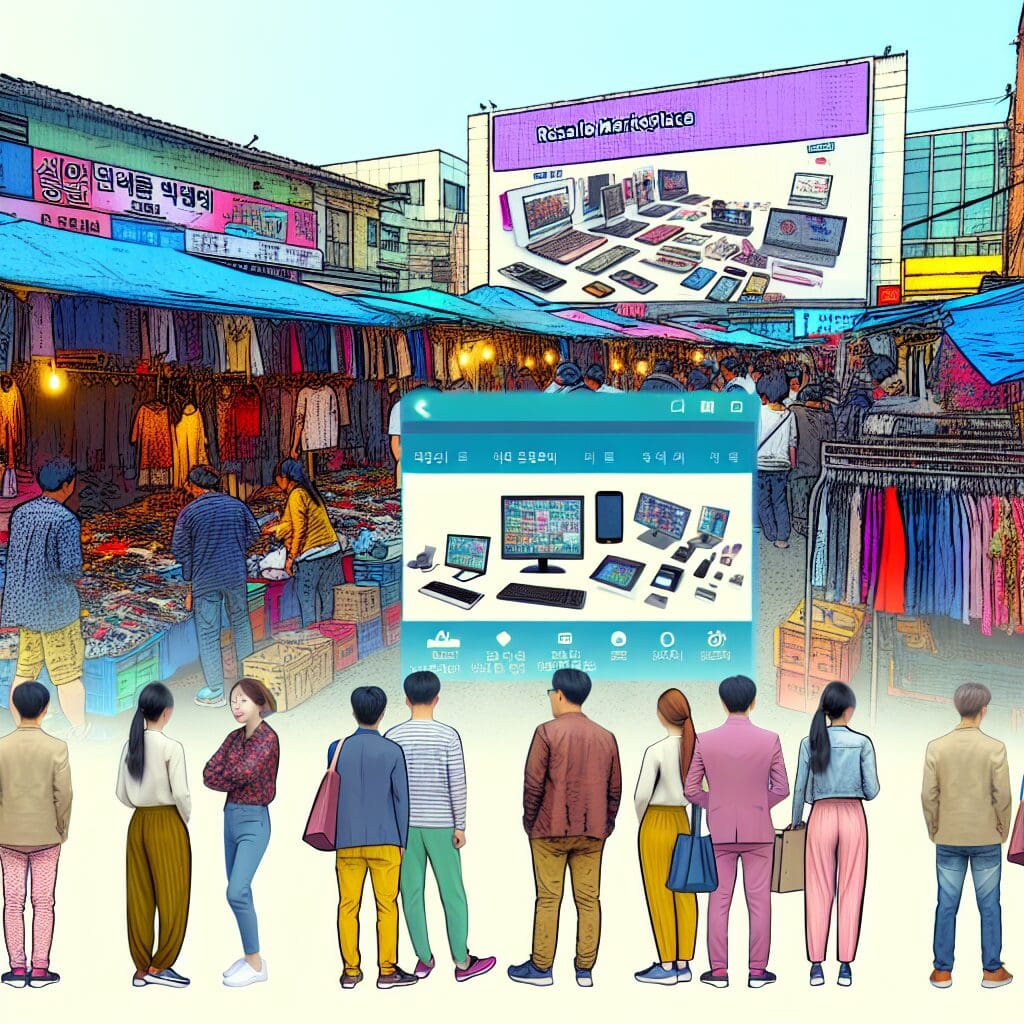The Korean resale market is experiencing remarkable growth, highlighted in Bunjang’s inaugural “Korean Luxury Resale Report.” The report reveals that the secondhand market in South Korea is projected to double its market share by 2025, reflecting a significant shift in consumer behavior driven by sustainability, affordability, and access to luxury goods.
In 2023, South Koreans spent over $171.1 billion on e-commerce, showcasing a strong appetite for online shopping. Bunjang, a leading re-commerce platform, recorded over $833 million in transactions, marking a tenfold increase since 2021. This trend points to a clear preference for online channels, where more than half of secondhand purchases are made digitally.
Luxury goods shopping plays a crucial role in this market evolution. Despite economic challenges, Korean consumers are increasingly leaning toward secondhand luxury items. In 2023, around 61.5% of shoppers engaged with used luxury goods, driven primarily by rising prices and a quest for unique sustainable options. Consumers are expected to increase their budget for secondhand luxury in 2024, indicating a strong cultural shift towards reuse and recycling in the fashion industry.
As the landscape shifts, platforms like Bunjang are critical in shaping the dynamics of both resale and consumer confidence through services like authentication, particularly appealing to Gen-X and Millennial men entering the luxury secondhand market. With the trend set to continue, brands and retailers must adapt to this evolving consumer landscape to stay relevant.












